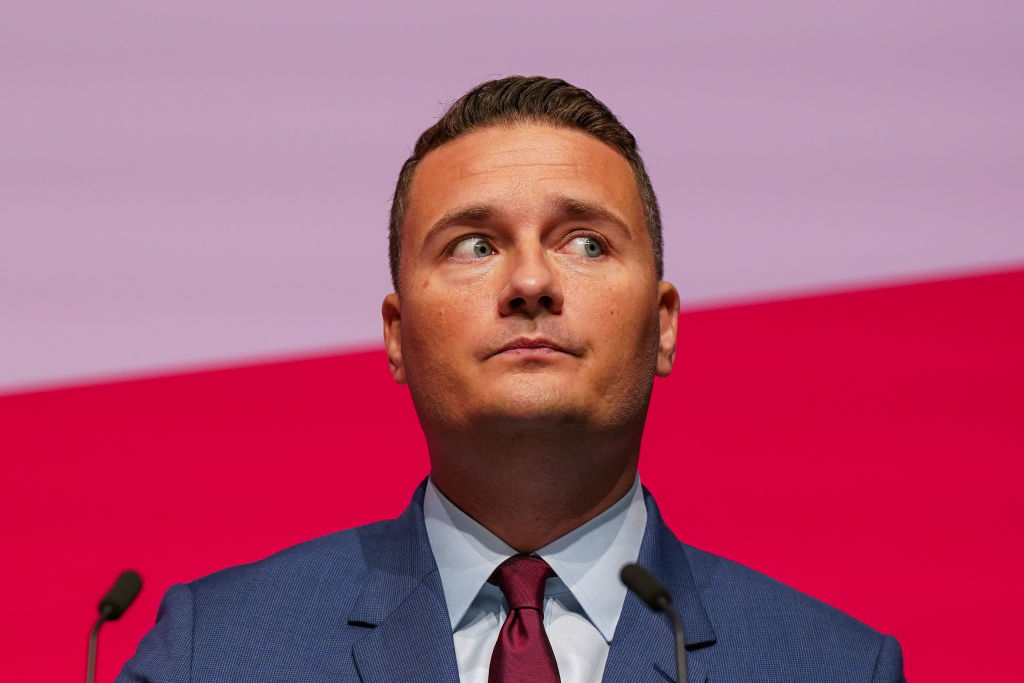“Reform” is an easy word to say, but a difficult thing to actually do — as Health Secretary Wes Streeting is surely discovering.
Consider his most recent proposal of drawing up league tables for hospitals, which isn’t exactly bad, given that more information is generally better than less. But in schools, where this policy really did help to drive up standards, it did so by providing that information for empowered parents, who could use it to choose different schools. They only had this power because New Labour and the Conservatives focused on widening school choice via free schools and academies.
In our overstretched NHS, no such bottom-up competitive pressure is possible across most of the country. The most a poor rating can do is attract the attention of central government, which isn’t half so effective at driving better outcomes for service-users as service-users tend to be.
There are plenty of other things that Streeting could do to ease pressure on the Health Service, even without a wholesale shift over to the sort of mixed-provision systems found everywhere else in Western Europe. Reinstating tax breaks for private insurance would encourage more people to take it up and divert demand away from NHS hospitals, for example. Encouraging more trusts to offer private care — as some of the big London ones already do — would see increased private healthcare spending cross-subsidising public provision. On top of that, allowing private hospitals to take medical trainees would ease the staffing bottleneck.
If he was feeling really radical, Streeting could make NHS trusts autonomous, grant-maintained institutions and have them be the legal employers of their staff. This would break the medical unions’ ability to pursue old-fashioned national pay bargaining, empower hospital leadership, and create clear incentives for both parties to embrace reforms that increase hospital revenues, such as private services. None of those proposals conflicts with what ought to be the fundamental point of the NHS: the provision of universal healthcare and to ensure it is available free at the point of use to those who need it.
Unfortunately, for many progressives the NHS itself is the point, and is defined not by outcomes but by structures and processes: the direct provision of care by a monolithic state institution, purely funded out of general taxation. There was no acknowledgement in Labour’s most recent manifesto that anything fundamental needed to change about the NHS. It might be on its knees, but surely that’s just because the Tories starved it of funds, or something.
The truth is very different, of course: real-terms spending on the Health Service increased by 25% between 2010 and 2023 — a much larger increase than Rachel Reeves is offering now. What matters politically, though, is that Keir Starmer did not seek a mandate for any uncomfortable reforms, neither from the electorate nor — more importantly, in terms of practical politics — his MPs. He’s already made them retain the two-child benefit cap and means-test the winter fuel allowance: what are the odds of his persuading them to “privatise our NHS”?
No, the Government’s real attitude was laid out in the Budget: big pay rises for public-sector workers with absolutely no conditions around improved productivity, all while giving Streeting just a few billion for new capital spending — the only money at all likely to be spent on reform. He never stood a chance.











Join the discussion
Join like minded readers that support our journalism by becoming a paid subscriber
To join the discussion in the comments, become a paid subscriber.
Join like minded readers that support our journalism, read unlimited articles and enjoy other subscriber-only benefits.
Subscribe